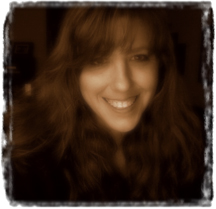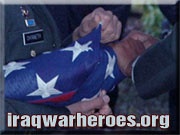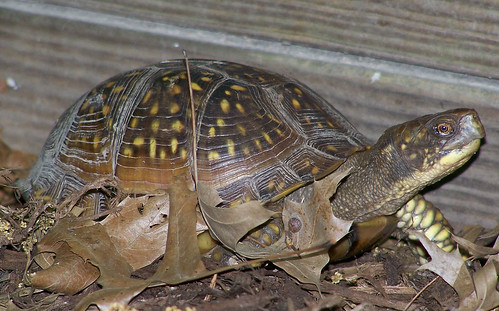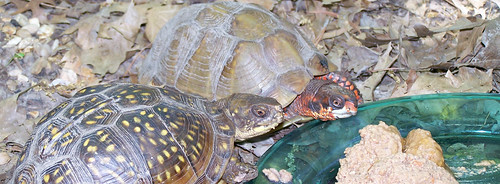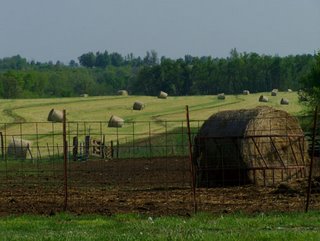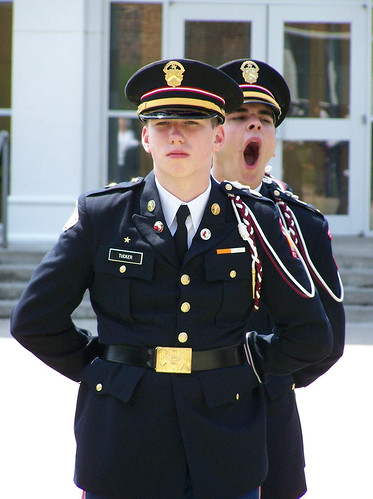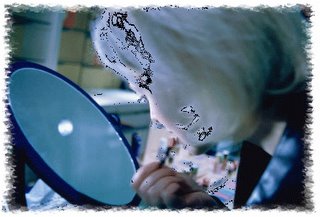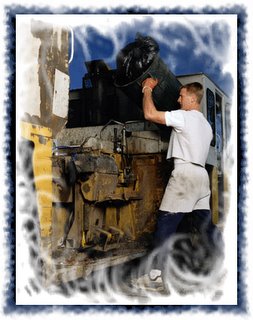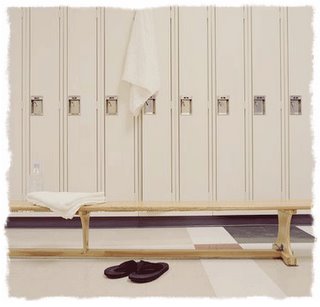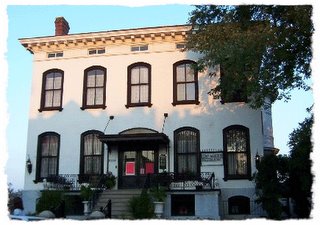Sunday, April 30, 2006
Blogging Against Disablism
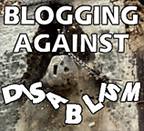 As a child, I attended an experimental inclusive elementary school. Half of the campus hosted students with Down’s Syndrome. The remaining classrooms housed the neighborhood kids and children from across the district who had various disabilities.
As a child, I attended an experimental inclusive elementary school. Half of the campus hosted students with Down’s Syndrome. The remaining classrooms housed the neighborhood kids and children from across the district who had various disabilities.There was no teasing, not because we were instructed to refrain, but because it didn’t occur to us to do so. If a newcomer uttered a negative word, it was put to a halt immediately – usually before any adult had to intervene. Like many of the students, I spent my mornings before school assisting in the physical therapy room and my recesses with a boy named Paul.
Paul’s wheelchair didn’t confine us to quiet play. We spent most our recesses together with a pudgley playground “Duty” (that’s what we called her) chasing after us, yelling, “Stop right noooow! You’re going to killllllll him!” upon which Paul would yell, “Go faster!” as we scram-tailed it down whatever decline we’d chosen to tackle. Scenes like this happened all over the playground. They were neither noteworthy or exceptional, nor were any of the students. It was our life. It’s how we learned, played and interacted.
The announcement came towards the end of my fourth-grade year. State officials decided to shut down our school. They told us most of our friends with disabilities would be routed to a new school, designed for “them” and a few would transition into another school with “us.” No one had ever sorted us according to our physical abilities. Formerly not part of our vocabulary, the words “us” and “them” became our first indicator that life outside our campus was different.
Our determination to keep the entire student-body together vamped into a fourth grade protest. We cared about each other. We did not want to be separated. Counselors arrived to “help with the transition.” Through their counsel, we learned the outside world was not like our world. We were warned our friends might not be treated well at our new school and encouraged to become “voices of change,” to stand up for our friends, teach students at our new school what we already knew and forgive their ignorance.
By the close of the year, we were optimistic, inspired and out to change the world. On the last day of school, local reporters converged on our classroom, selecting a few children to interview and photograph. I landed on the front page of our newspaper, quoted as stating “we’re gonna change [our new school]. The atmosphere will get better.” (Precocious little brat, wasn’t I?)
The new school year began without my friend, Paul, and many other friends who now rode buses to “their school.” But, it also began with my little brother. Like Paul, David had cerebral palsy.
They called him “cripple,” “sped,” “gimp” and “retard.” He was poked and prodded, kicked and pushed over (the latter happening especially often because it was so easy, given David’s difficulty keeping his balance.) And me, the eleven year old who planned to change “the atmosphere” at my new school, learned about hate, ignorance and apathy.
Hate spreads. It spread from a small group of bullies to a larger group of kids who discovered taunting my brother was a one-way ticket to social acceptance. It spread to our new school “Duty” who turned a blind eye. It spread even to the principle, who found paddling and suspending my brother following an assault easier than suspending the assaulters – or addressing the root of the problem.
Finally, after months of rushing to the playground every recess to stand guard over my brother, the hate spread to me too. When I saw my brother lying on the ground crying, the lead bully standing above him with a satisfied grin, I pounced. He wasn’t much bigger than me, but he was a boy.
And I pulverized him.
I’ve never been proud of that, mostly because I didn’t change the world as I’d been directed to do – as I believed I could do. I didn’t change the school. I didn't change one bully. My brother transfered to another school and I was instructed to make nice with his tormentors. I didn’t, but there was no more bloodshed.
My brother and I are now in our thirties. I went on to teach children with disabilities; he headed off to L.A. and carved himself a nitche in the music industry. Neither of us forget the contrast of what came before, and after, our inclusive school. I suppose it serves as a reminder to those of us who parent, teach, counsel, love or are, ourselves, persons with disabilities, both the power of compassion and the danger of apathy.
